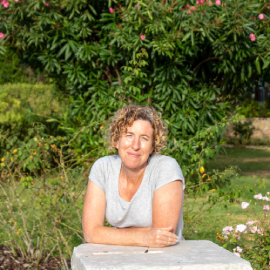S.E.E.D, our new Primary Outdoor Programme
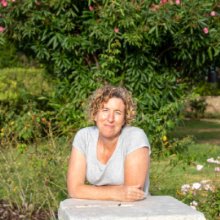
Over the coming months, the Primary School is launching an exciting new outdoor learning programme for our students. The programme will be known as St. Julian’s Environmental Education Development (S.E.E.D).
What is Environmental Education?
- In the environment - takes place outdoors, fully immersed in nature.
- About the environment - focuses on flora, fauna, ecology, the biosphere and related topics.
- For the environment - has a message of conservation and stewardship for the environment.
Initially, we are planning to offer it to our KS1 students, and it will, eventually, be accessible to all Primary students.
Our vision is to connect children to nature, to give them opportunities to learn outside the classroom and to develop an emotional attachment to the natural world. We want to create future change in a world that desperately needs to be cared for.
We are developing two distinct areas that will enable our students to enhance their learning in outdoor environments. There will be a main outdoor ‘classroom’ area in the woods and raised vegetable garden beds by the pond.
Benefits
Through a broad range of activities, our students will build relationships with the natural world, themselves and others. There will be opportunities to support the academic curriculum, but the focus will be on their emotional, social and physical development and well-being.
Research has shown that giving children opportunities outside the classroom:
- increases academic success
- helps children learn about and connect with the environment they live in
- naturally encourages creativity, problem solving and teamwork
- builds self-esteem and confidence
- provides more accessibility and activities, especially for children with additional needs
- provides health benefits and increases physical activity
- improves children’s (and teachers!) mental health and wellbeing
Through our S.E.E.D programme, we will encourage our students to explore the world around them using each of their senses. We want them to experiment with speed, balance and height. They will be given opportunities to dig, pick, look, watch and learn by asking questions, testing things, and noticing changes in the environment. They will listen, touch, taste and smell. We hope they will learn to take calculated risks, work collaboratively, develop curiosity and become curious citizens.
Please follow the S.E.E.D. Twitter acount.
Christina Ridley-Thomas
Primary Environmental Integration Specialist
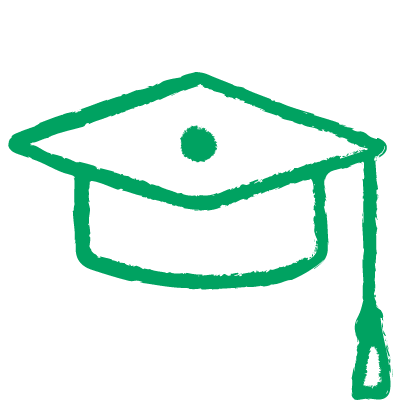
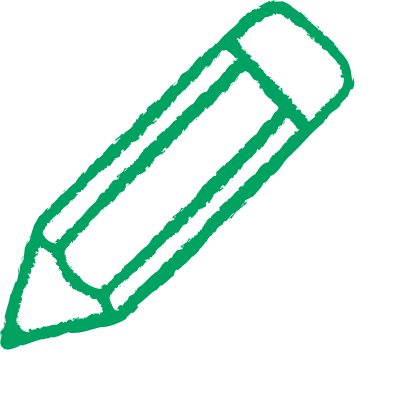
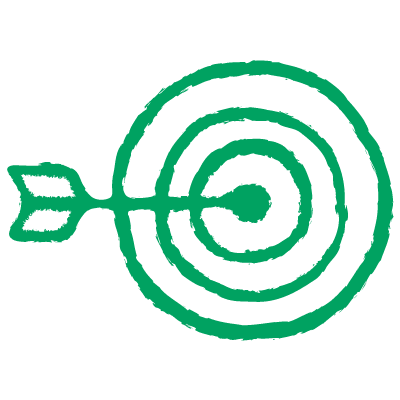
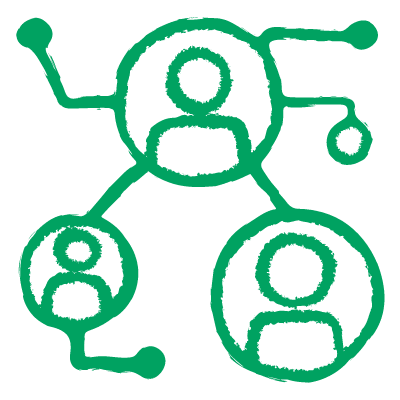
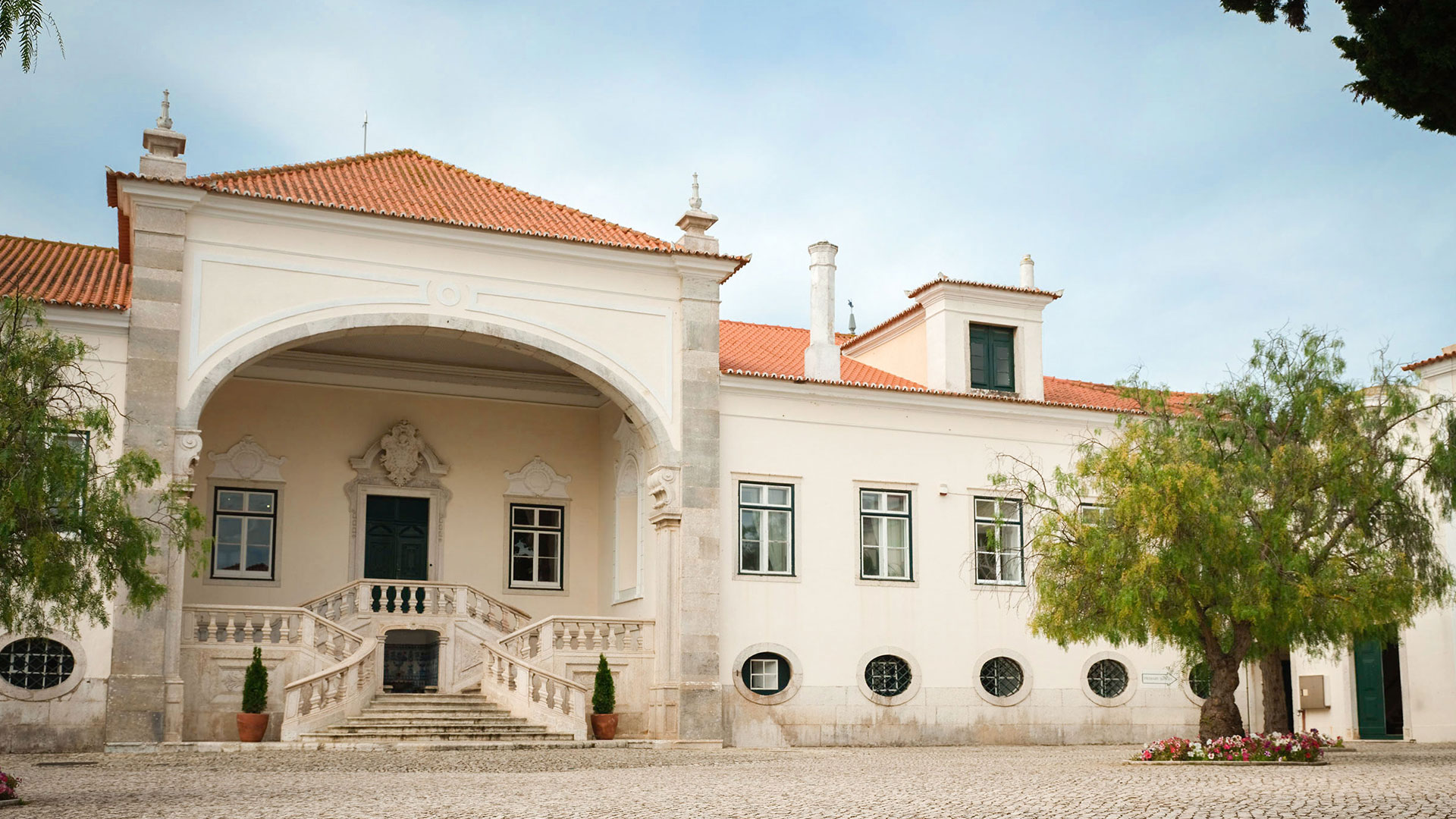













.png&command_2=resize&height_2=85)






